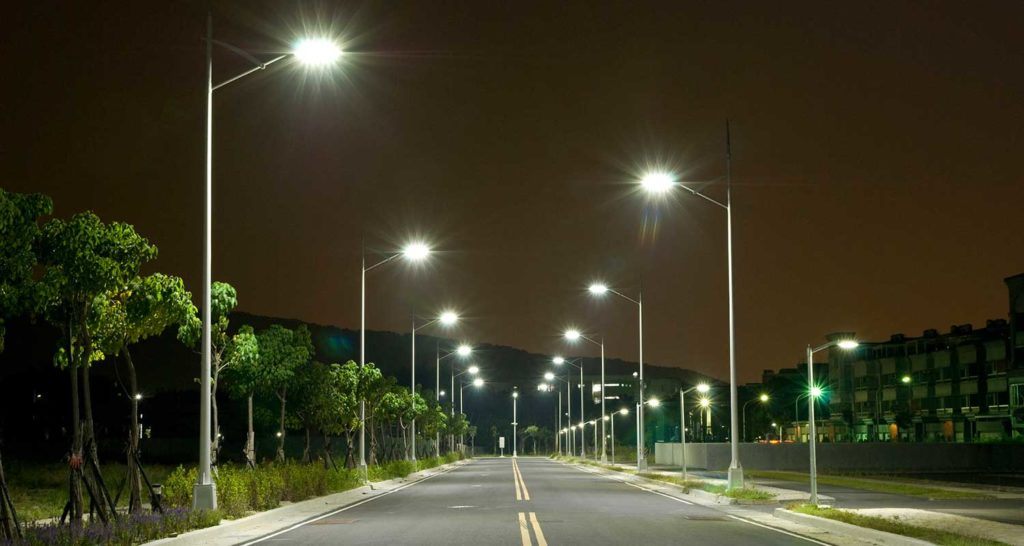Sequel to the Energizing Education Program (EEP) in Nigeria, Professor Yemi Osinbajo the Vice-president of Nigeria led a delegation to commission a 7.1MW solar hybrid power plant in Bayero University, Kano state. This plant currently sits as the largest off-grid power plant in Africa.
The newly commissioned off-grid power plant is designed to serve about 55,815 students and the 3,077 staff of the university. It falls under the first phase of the EEP project which covers the six geo-political zones in Nigeria. The new project at the university is the second one to be executed in the country.
A world-class renewable training center was launched during the commissioning event. Also, 11.4KM of solar-powered street lights were launched in the University during the event. EEP aims to offer clean and sustainable energy to a total of 37 federal universities in the country. The seven teaching hospitals in the country will also benefit from this four-year-long project.
See also: Bolt Deepens Services across Nigerian Cities, expands to Port Harcourt
EEP is carried out under the Rural Electrification Agency (REA) by the Federal Government. The REA will ensure that rural and underserved areas of Nigeria have adequate access to electricity.
Mr. Evangelos Kamaris, Managing Director of METKA West Africa Limited (The EPC contractor) said, “The state-of-the-art solar hybrid power plant will result in carbon dioxide savings of 108,875,120Ibs, a feat we as green contractors are proud of.”
The Managing Director of the REA, Damilola Ogunbiyi, said the Federal Government is funding the first phase of the EEP. According to Damilola, the government will train 180 females in STEM education. He noted that seven solar hybrid projects are benefiting from the funding of the Green Bond issued by the Federal Government currently. This project will help keep the school’s research laboratories open at all hours. It will also help save about N4.5 million monthly cost of electricity.
More on TechGist Africa:
- flyEgypt Enhances Booking experience with Amazon’s PAYFORT
- Namibia-based LEFA Partners PayToday to offer Ride-Hailing Payment Solutions
- Facebook to Hide Like Counts and Boost Users’ Mental Health
- South African-based Erada Receives €288,000 fund for Malaria Test Kit Invention
- PEG Africa secures $5 Million to Foster Expansion across West Africa
